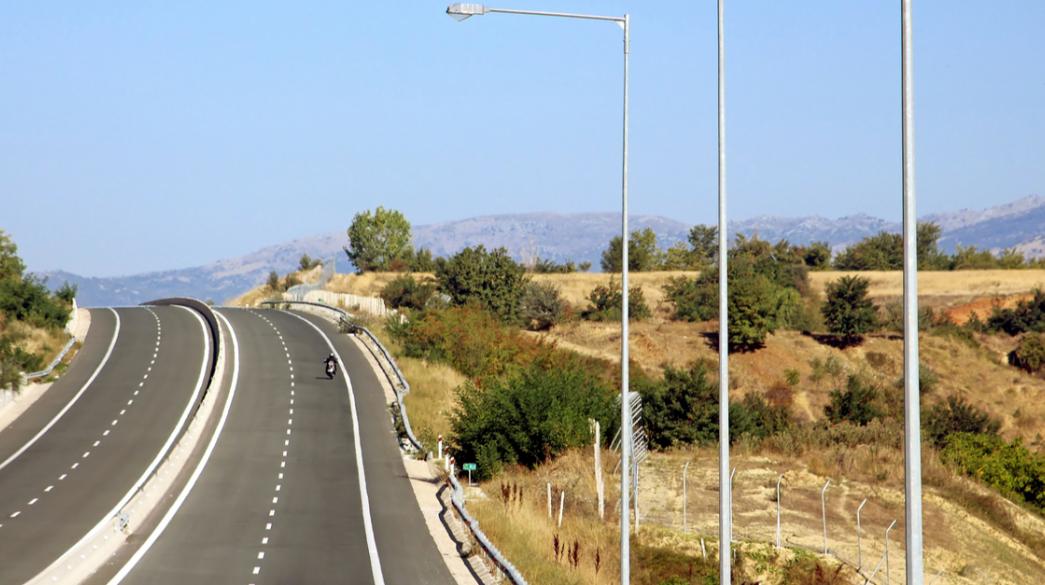The multi-year bargaining aimed at including the concession contract of Olympia Odos, belonging to the Patras-Pyrgos section, show that it is not easy to finance the extensions of road networks that currently operate within concession contracts.
The European Commission has been assessing the Patras-Pyrgos case for years, a stretch that had pulled out of the Olympia Odos contract at the beginning of the last decade, but the current leadership at the Ministry of Infrastructure has decided to reinstate it. If the delays continue, it is certain that the project will go for the next NSRF as there will not be enough time for its completion within the existing financial period.
The government's plan for a series of extensions that will complete the country's highway network face similar obstacles, mainly in terms of road sizing.
In some cases, the Ministry of Infrastructure has been forced to design smaller roads, based on crossings, in order to meet demands from the European Commission. This happened with the Chalkida bypass, whose budget has been significantly reduced because the Commission had refused to finance a very expensive low-traffic road. The tender for the new road axis of Evia has been announced by the Ministry of Infrastructure and is expected soon.
The difficulties with the bypass of Chalkida were a lesson for the ministry which does not want to repeat the same mistake with the Ioannina - Kakavia section that will complete the Ionian Odos.
For this section as well, there were interventions in order to have the correct dimensioning that will allow it to be financed by the next NSRF. Prime Minister Kyriakos Mitsotakis has pledged that the project will proceed and an attempt will be made to include it in the next NSRF. Engineers point out that even the least expensive version of the road has 14 grade-separated junctions, something that Brussels will not like. The cost of the project is close to 240 million euros.
Yesterday in Parliament, the Minister of Infrastructure, Costas Karamanlis, referred to another haunted project, the Sparta - Gythio section, the study of which has been dragging on for almost 15 years! In this case, too, the low traffic does not allow optimism for the financing of a road axis with specifications corresponding to the national network. The Moreas consortium, which manages the Corinth - Tripoli - Kalamata road and the Lefktr-Sparta section, has agreed to complete the studies.
In the past, there has been an attempt to package a series of extensions and necessary connections to the main highway network and to consider the possibility of them being taken over by concessionaires. Based on the experience of some European countries, such as France and Croatia, an attempt was made to develop a similar model. So far, however, no serious progress has been made.









